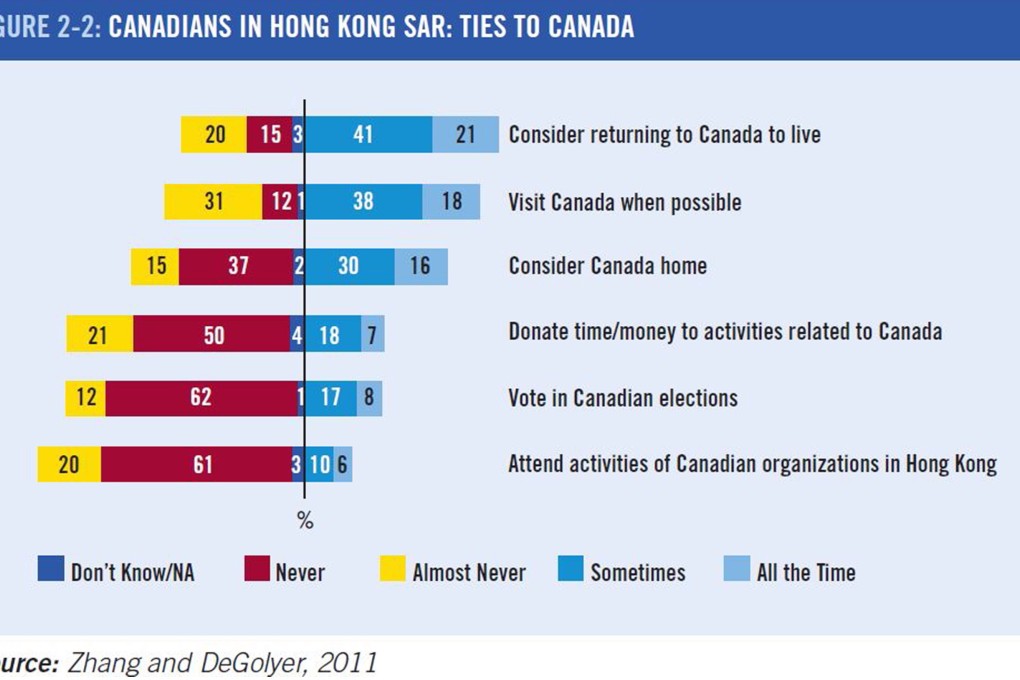The Hongcouver | 190,000 Canadians in Hong Kong just lost voting rights – if treated as second-class citizens, will they act like them?

What social contract exists between Canadians living in Hong Kong, and the faraway nation which provides them a passport? Is geographical proximity an essential component of that contract, if the passport holder wants to enjoy the full privileges of Canadian citizenship – say, by voting in the upcoming federal election?
It’s no abstract debate. Last month, the Ontario Court of Appeal issued a ruling that eliminates federal voting rights for long-term expats, including an estimated 190,000 of the almost 300,000 Canadians in Hong Kong. The basis of the ruling, which upholds a voting ban on those who have lived outside Canada for more than five years, was summarised by Chief Justice George Strathy, who described Canada’s political system as based on “geographically defined districts”.

That political rights should hinge on geographical presence grates with Yuen Pau Woo, the former president and CEO of the Asia Pacific Foundation, now a distinguished East Asia fellow with the think tank.
“The ruling is anachronistic,” Vancouver-based Woo said this week. “It doesn’t keep up with the times or reflect the reality of global human capital movements or the fact that connectivity now allows Canadians abroad to keep in touch with what’s going on in their home country, much more easily than before.”

